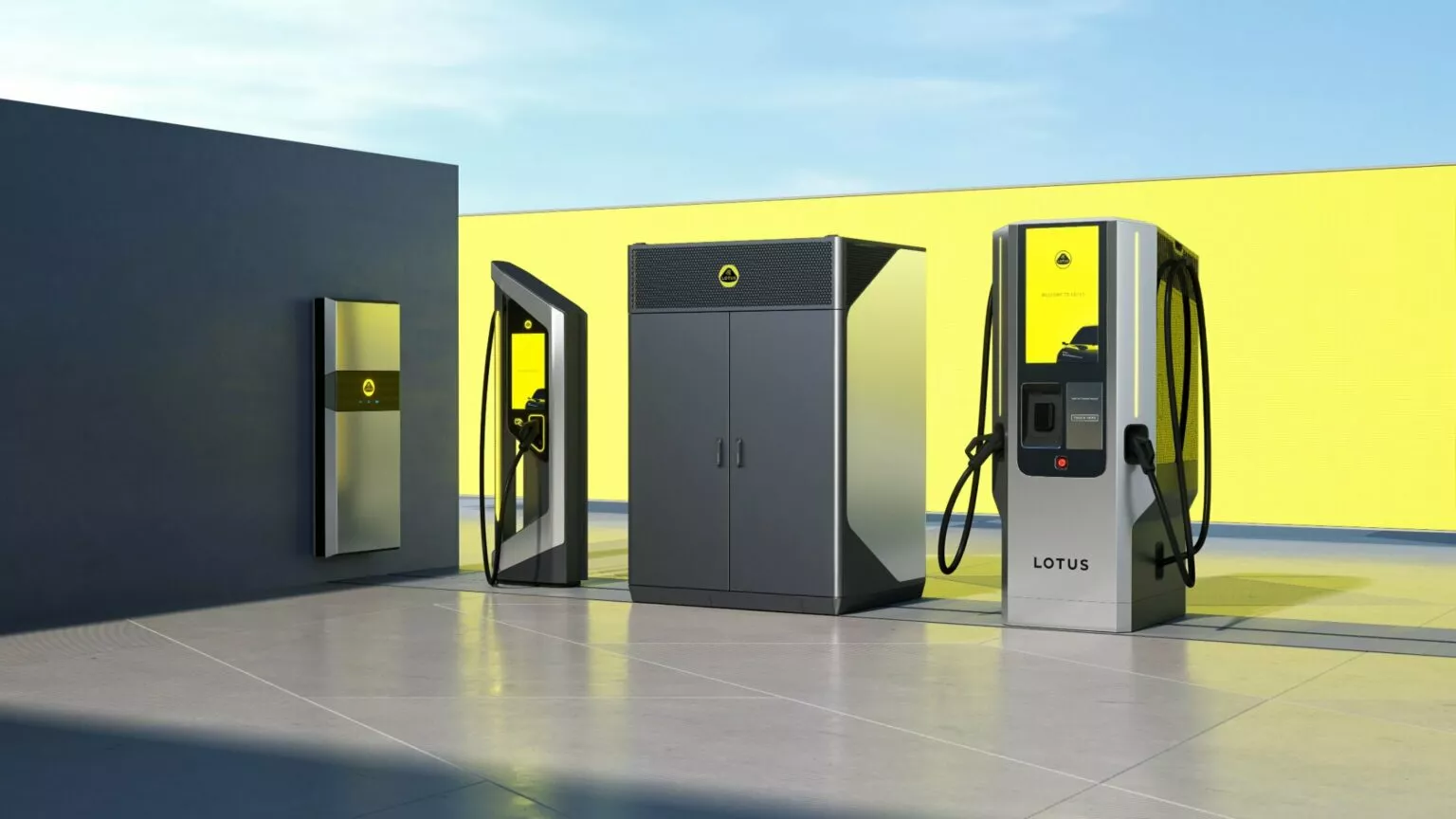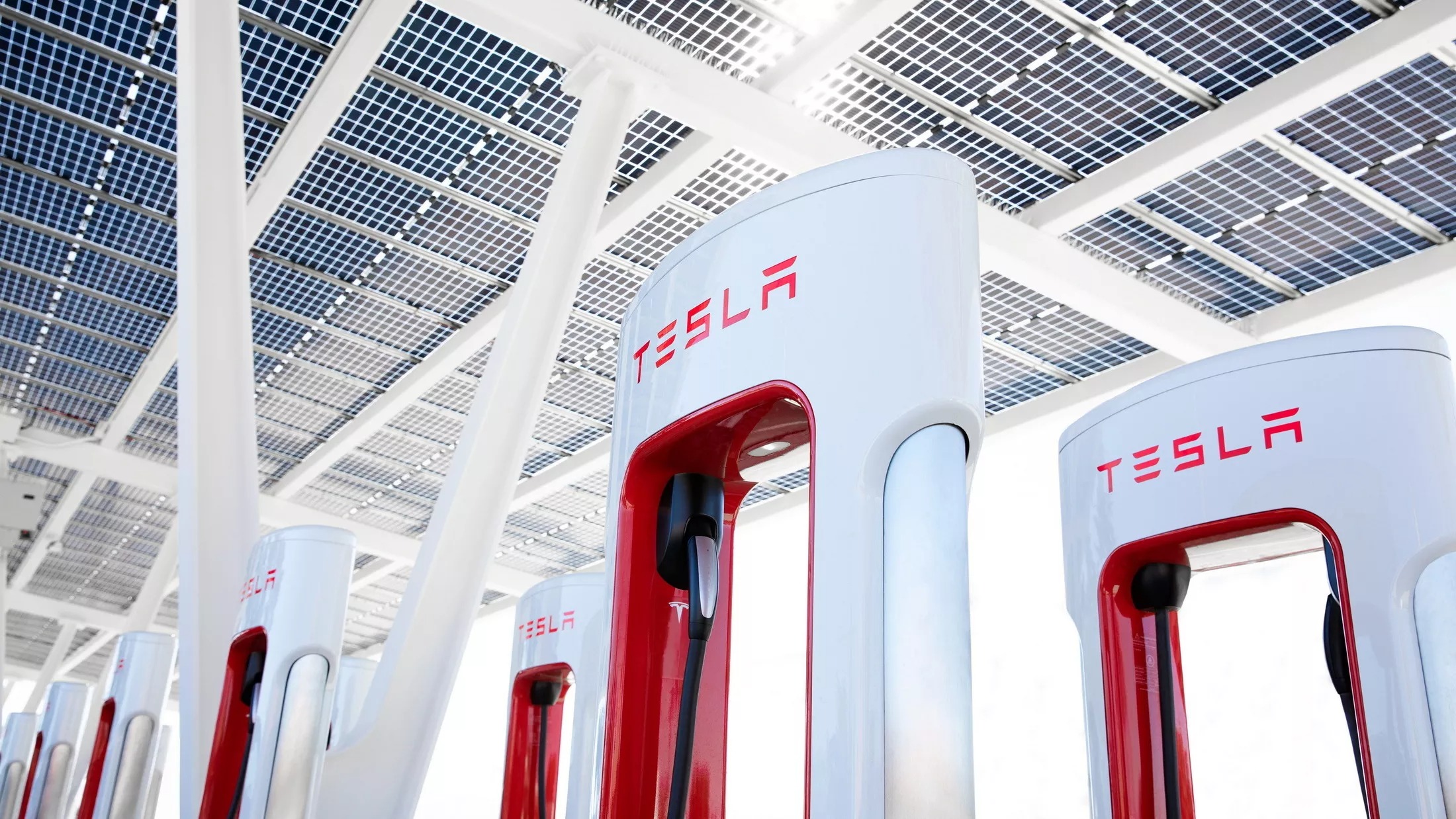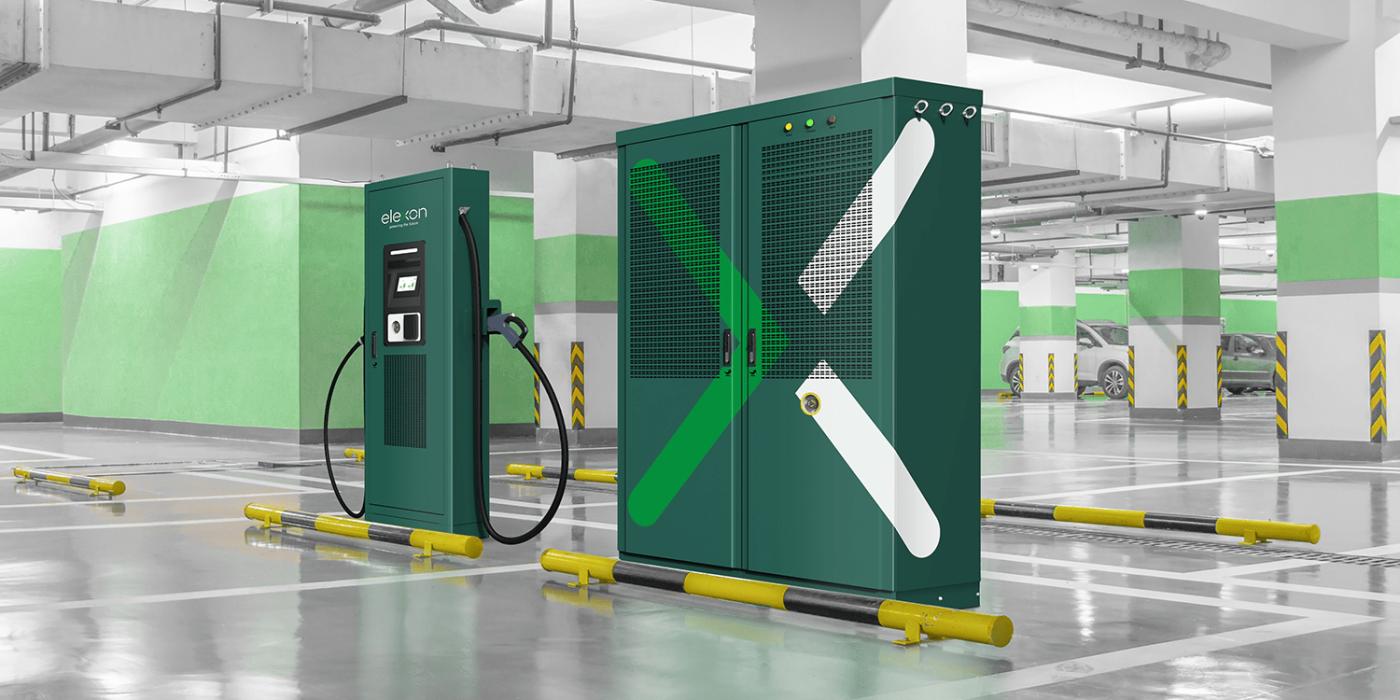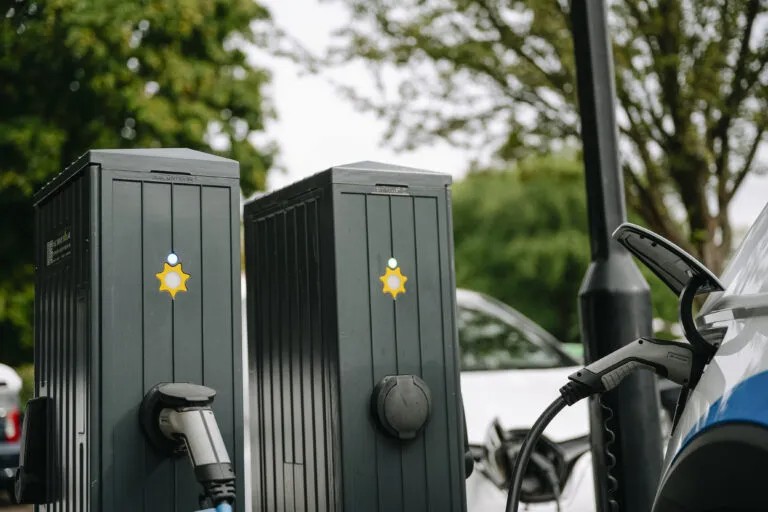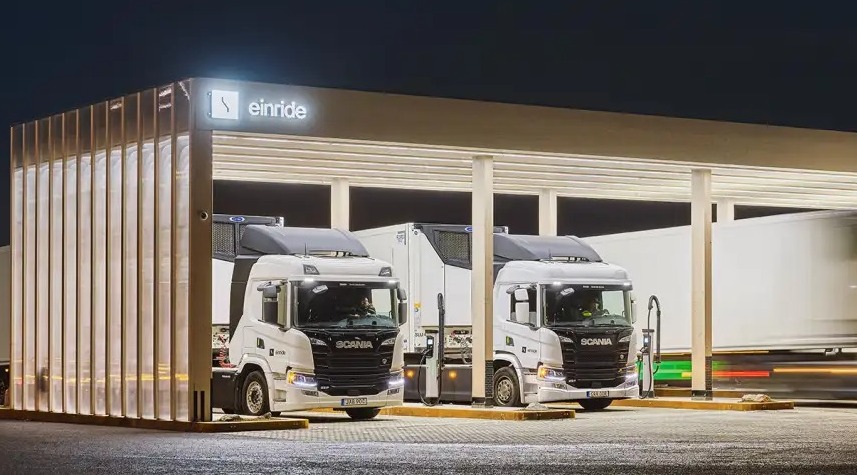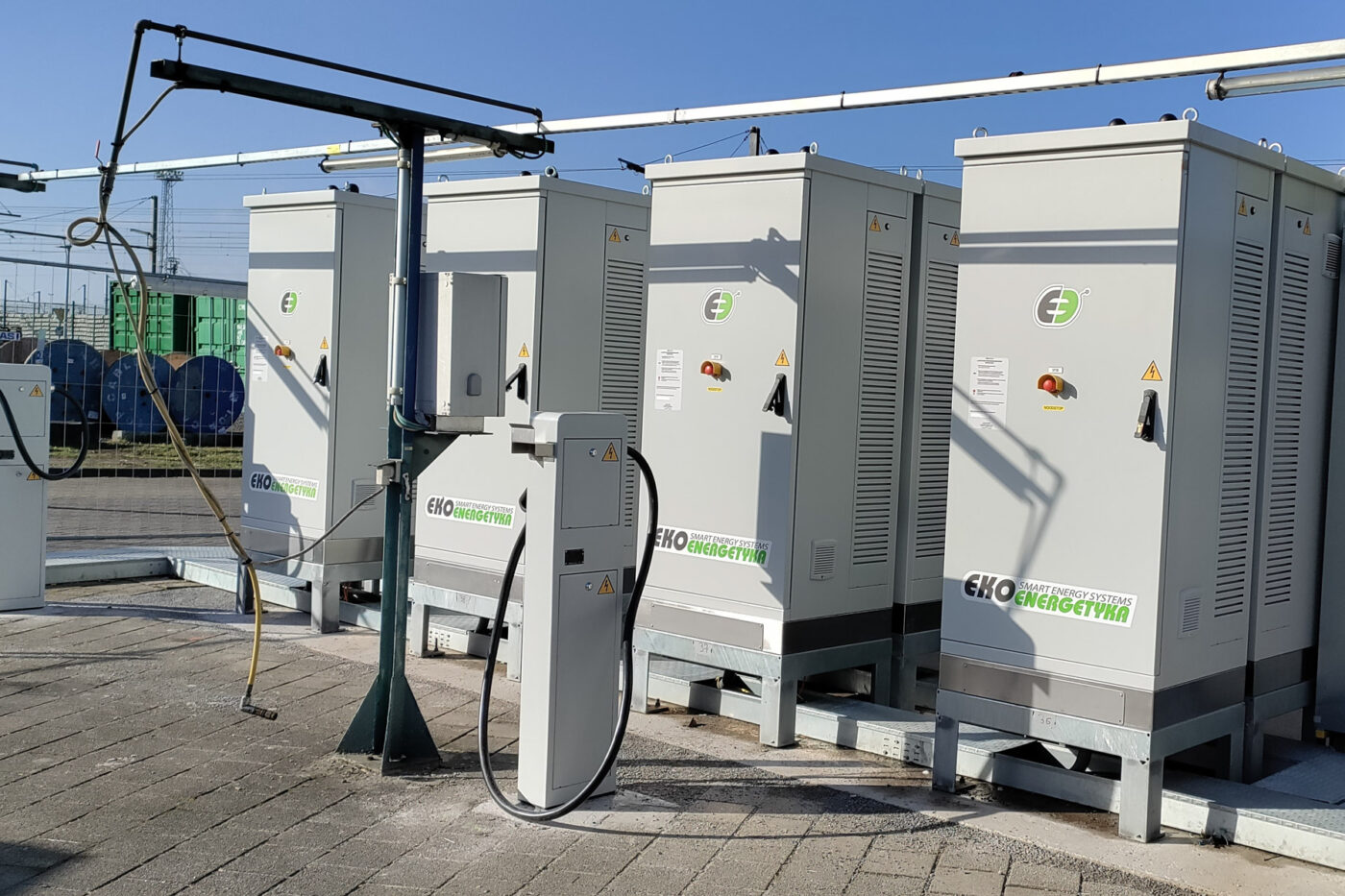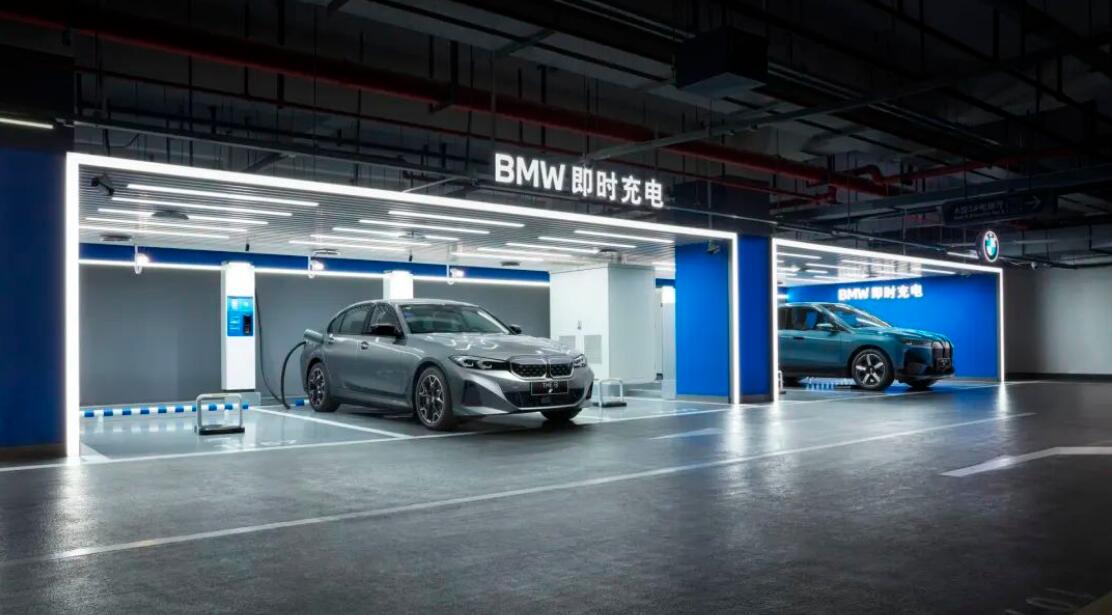British automaker Lotus has declared its commitment to transition into an all-electric vehicle (EV) brand by 2028, alongside plans to broaden its electric vehicle portfolio. The company, owned by Geely, has also ventured into the development of proprietary charging solutions, introducing a liquid-cooled all-in-one DC charger capable of delivering ultra-fast charging speeds of up to 450 kW.
In a notable performance benchmark, the Lotus Eletre R SUV can reportedly add approximately 88.5 miles (142 km) of range in just 5 minutes when utilizing the 450 kW charger, or 74 miles (120 km) with the 350 kW charger. For a more substantial 10% to 80% charge, Lotus claims this can be achieved within a 20-minute timeframe.
The newly unveiled charging solutions encompass a power cabinet and a modular charging terminal, both incorporating liquid-cooling technology. Positioned as suitable for motorway rest stops, the power cabinet boasts an output capacity of up to 480 kW, while the charging terminal accommodates up to four EVs simultaneously, offering a maximum current output of 600 Amp.
Lotus envisions that the heightened charging speeds, coupled with an enhanced charging infrastructure, will address concerns related to range anxiety among its customers. The company assures its clientele the ability to seamlessly upgrade to the 450 kW power output without incurring additional hardware costs, contingent upon in-market service providers implementing grid upgrades.
The initial deployment of Lotus-branded ultra-fast chargers has already taken place in China. Expansion of the charging network to the Middle East and the “majority of European countries” is anticipated in the second quarter of 2024, with Germany and Austria to follow at a later date. Further details on market availability are expected to be disclosed “in due course.”
Notably, Lotus surpasses Tesla in charging speeds with its 450 kW charger. For comparison, Tesla’s current Superchargers V3 offer 250 kW, with the upcoming V4 set to elevate that figure to 350 kW. Simultaneously, a collaborative effort among seven major automakers is reportedly underway to develop 350-400 kW chargers, with the first stations anticipated to debut in the United States by the summer of 2024.

